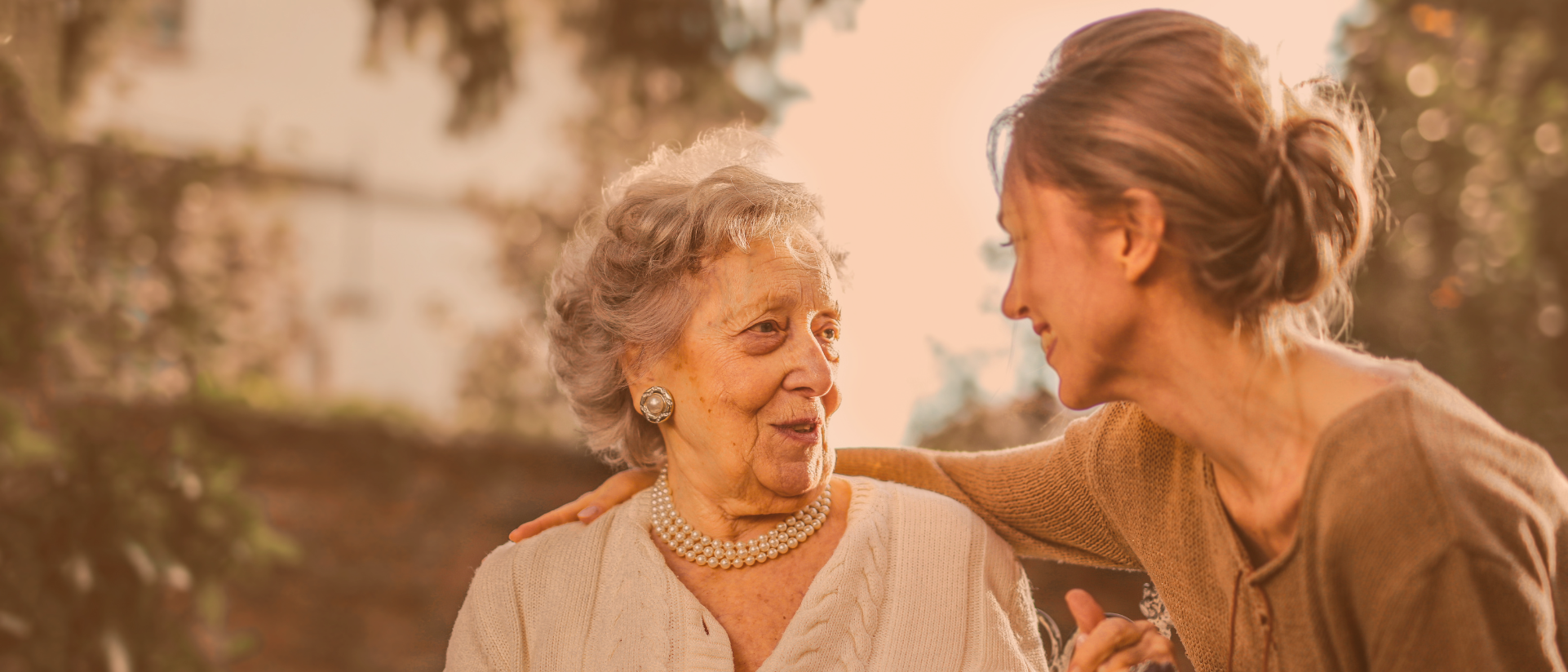02 Dec Caring for Caregivers During the Holidays
For many, the holiday season is a time of joy and celebration. But for family caregivers supporting a loved one in hospice care, this time of year can bring added stress and fatigue. Caregiver burnout is real, and during the holidays, the weight of unrealistic expectations can make it harder to find moments of peace.
If you’re a caregiver, this blog post office practical guidance for self-care during the holidays.
Recognizing Caregiver Burnout
Many hospice patients wish to spend their remaining days at home, surrounded by loved ones, which often means family members take on the role of primary caregiver with help from hospice support teams.
This important responsibility can lead to caregivers neglecting their own needs. Common signs of caregiver burnout include:
- Trouble sleeping
- Persistent fatigue and low energy
- Feelings of hopelessness or mood swings
- Headaches, stomach issues, or weakened immune system
If these symptoms are ongoing, it’s time to seek help. Caregivers are often used to being strong, but it’s important to communicate your needs with friends and family at any time of the year. Asking for support is not a sign of weakness – it’s essential for maintaining your well-being and the quality of care you provide.
Finding Comfort in Holiday Traditions
The holidays inevitably feel different when caring for a loved one in hospice. Adjusting expectations and focusing on meaningful moments can make this time special for everyone.
Here are ideas for creating scaled-back holiday memories:
- Set up a Christmas tree or a smaller one in your loved one's room. If you're feeling overwhelmed, ask a relative or friend for help.
- Instead of attending holiday programs or events, watch a favorite holiday movie or concert from the comfort of your home.
- Look through photo albums and reminisce about past holidays.
- Enjoy holiday music together.
Small moments like these can bring joy and connection without the added strain of elaborate planning.
Prioritizing Your Self-Care
Amid caregiving responsibilities, it’s crucial to nurture your own well-being. Even small acts of self-care can make a big difference in how you feel – and how well you’re able to support your loved one.
Here are some simple self-care ideas for the holidays:
- Take a calming bath to relax your mind and body.
- Enjoy fresh air with a walk or light exercise outside.
- Book a massage for extra relaxation.
- Spend time doing a hobby.
- Reconnect with friends.
- Set aside time from meditation.
If someone offers to step in and help, say yes! If they don’t offer, don’t be afraid to ask. It’s common for others to assume you’re handling everything easily, so they may not know how to offer specific help.
Navigating Grief During the Holidays
If this may be your last holiday season, feelings of anticipatory grief are natural. Don’t ignore your sadness; instead, give yourself space to feel and process it. Allow yourself to cry, talk with a friend or counselor, or journal your thoughts and feelings.
Sharing one final holiday together is a gift. By integrating moments of self-care and creating meaningful, simplified traditions, you can bring both comfort and connection to a season that’s often challenging for caregivers.
To all caregivers, your dedication is deeply appreciated. From all of us at Aegis, we wish you a peaceful and meaningful holiday season.

